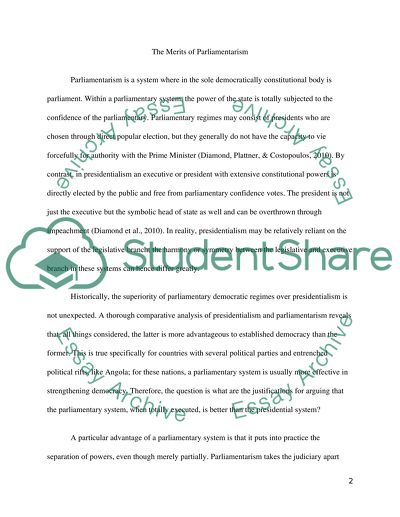Cite this document
(“If you had to recommend either a presidential or a parliament system Essay”, n.d.)
Retrieved from https://studentshare.org/history/1468757-if-you-had-to-recommend-either-a-presidential-or-a
Retrieved from https://studentshare.org/history/1468757-if-you-had-to-recommend-either-a-presidential-or-a
(If You Had to Recommend Either a Presidential or a Parliament System Essay)
https://studentshare.org/history/1468757-if-you-had-to-recommend-either-a-presidential-or-a.
https://studentshare.org/history/1468757-if-you-had-to-recommend-either-a-presidential-or-a.
“If You Had to Recommend Either a Presidential or a Parliament System Essay”, n.d. https://studentshare.org/history/1468757-if-you-had-to-recommend-either-a-presidential-or-a.


